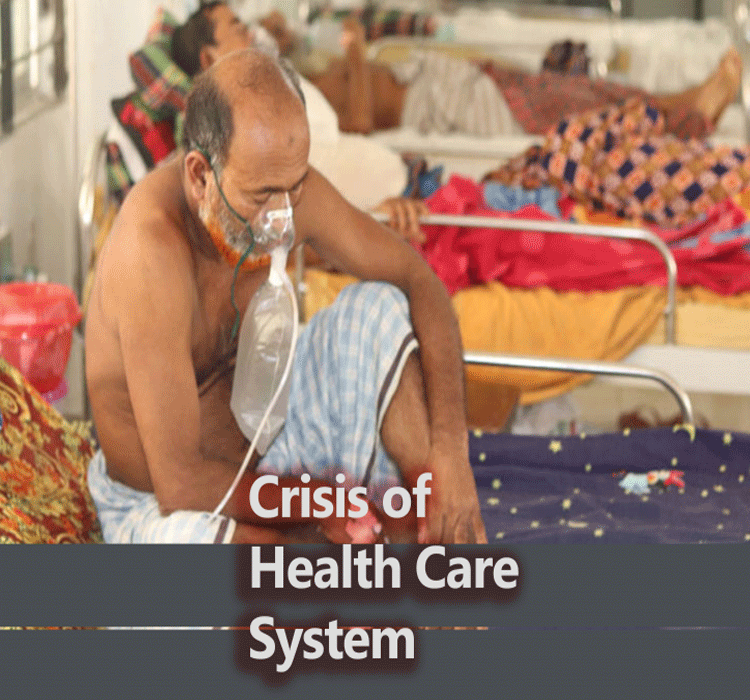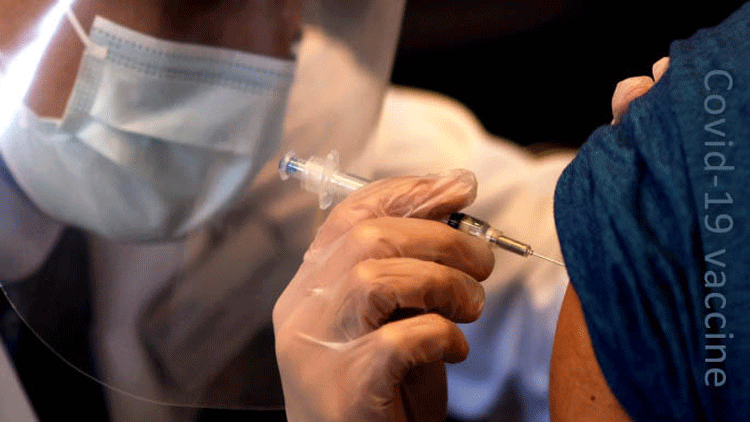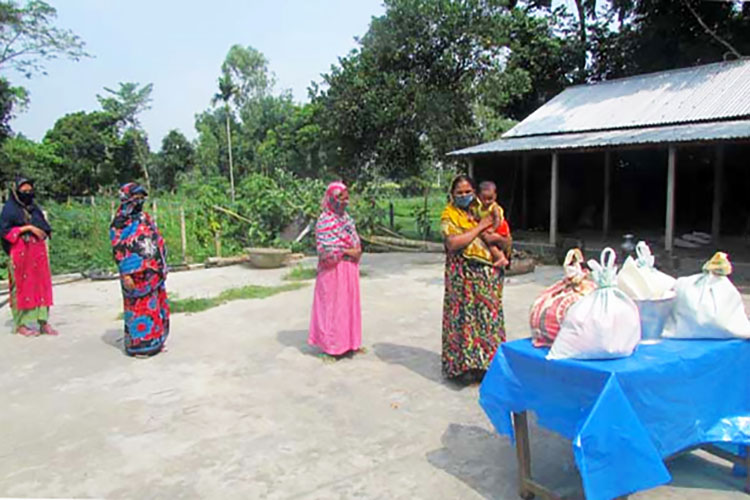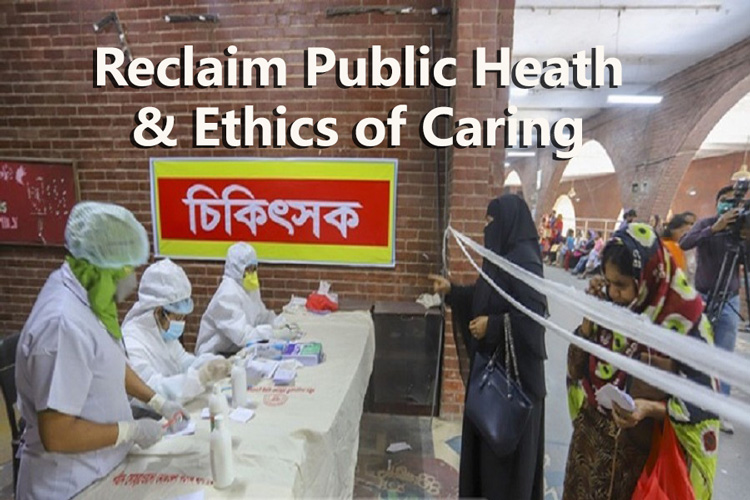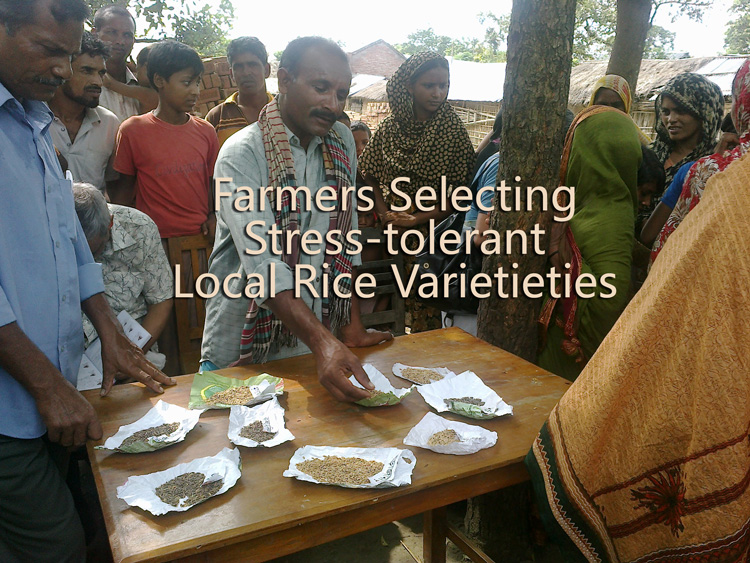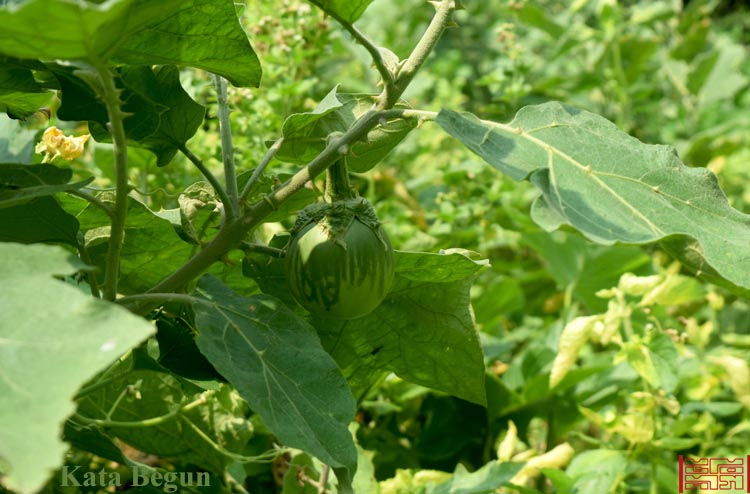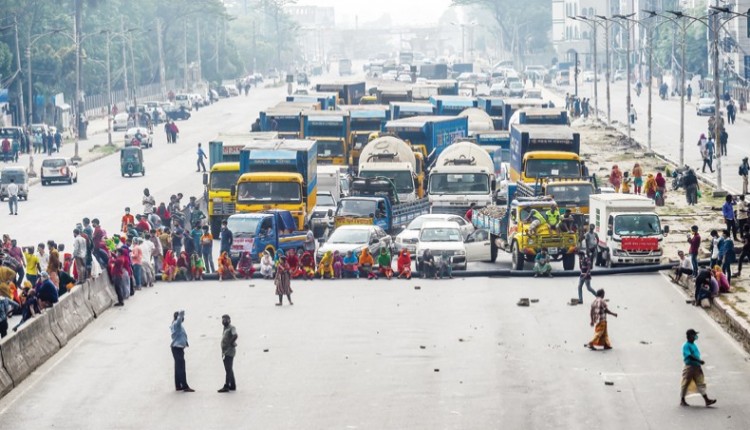Oxygen crisis and the fault in our healthcare system
A lack of oxygen support systems in Bangladesh’s public healthcare system are a serious detriment in the battle against Covid-19
The government did not use the time they had over one year to enhance the facilities at the district hospitals with equipment and human resources.
Deaths from Covid infections are rising at an alarming rate in district hospitals. During the first week of July, the deaths per day rose to record levels in Bangladesh since the Covid pandemic began. On 5 July,164 deaths were recorded, the highest number yet. We can only hope it does not increase further.
In 2020, the death toll was the high (Read More)
Covid-19 vaccine and TRIPS waiver
A proposal brought by 63 co-sponsors at the WTO TRIPS Council demanded a temporary waiver of obligations to enforce patents and other intellectual property rights related to all Covid-19 products
The Covid-19 pandemic, as declared by the World Health Organisation (WHO) on 11 March 2020, is a global public health crisis that must be addressed collectively by all nations and states.
There is no way to stop this global pandemic without protecting all the people, as the Deputy Secretary-General Amina Mohammed of the United Nations and Chair of the United Nations Sustainable Development Group said, "No one will ever be truly safe (Read More)
Support to the families affected by ongoing lockdown amid COVID-19 pandemic in Bangladesh
REPORT
Introduction
Bangladesh is now in the 17th position in terms of COVID positive cases detected so far (22 June) with 115,786 confirmed cases and 1502 deaths [WHO, Bangladesh Situation Report #17]. Since March 8, when first three COVID-19 cases were detected among three expatriate workers who returned Bangladesh, the confirmed cases rose steadily. But since April 5, both the number of positive cases and death from COVID-19 started to increase exponentially, rising from 54 new cases on 7 April to 497 new cases on 26th April. From April 26 to June 26, the number of detected cases shows a
(Read More)
4. Pandemic and Public Health Challenges of Bangladesh
“But tell me, your physician in the precise sense of whom you were just speaking, is he a moneymaker, an earner of fees or a healer of the sick? And
remember to speak of the physician who really is such…” – Plato (Republic 341C)
“You cannot fight a fire blindfolded” - WHO Director General Dr Tedros Adhanom Ghebreyesus at a press briefing on 16 March, 2020
(Read More)
3. Reinventing Agriculture: Need a paradigm shift to agro-ecological principles
COVID-19 pandemic is revealing the disastrous consequences of the neo-liberal development policy that systematically undermined and dismantled the social and the collective responsibility of the State towards its members. In the neo-liberal development paradigm, market dictates vital national concerns such as health, food, nutrition, livelihood and human behaviour. Systematic downplaying of the vital national concerns and its strategy to dismantle or reconfigure existing socio-economic relations and institutions contributed to among others the collapse of public health . The onset of Covid-19 pandemic made this collapse instantly visible, (Read More)
2. Covid-19: BANGLADESH: Brinjal story: Local varieties exist, not GMOs
In the month of Ramadan (fasting by the Muslim communities for a month), the demand for brinjal/eggplant/aubergine is the highest as it is one of the most popular item, the Beguni, for Iftar time (breaking of the fast in the evening). Chola (black gram) Peyaju (fried lentil mixed with onions) and Beguni (fried eggplant mixed with beson, the gram powder). Health professionals do not recommend these fried items for empty stomachs after a whole day of fasting. However, from the rich to the poor, Iftar is incomplete without chola-peyaju-beguni on the plate.
This Ramadan, starting on 25th April, is different from all other years. The cou (Read More)
1. Covid-19 Bangladesh: UBINIG REPORT SERIES 1: Farming community & Agriculture
A gradual reduction in the contribution of agriculture sector to the GDP has been visible since 1990, when agriculture contributed 38% of the national GDP, in 2018 it stooped to a meager 13.7%. This is due to continuous lack of attention and proper planning by the government, which often takes decisions that proves to be detrimental for the greater interest of agriculture as a sector and those of farmers as productive population. Bangladesh is a country of small farm holdings (less than 3 acres), constituting 84% of total farming households; medium farms 14% and large farms (over 7.50 acres) are only 9% (GOB, 2015). Despite its decreasing (Read More)
COVID-19 and perspectives of the marginalised
THE COVID-19 pandemic has affected lives of people disproportionately, particularly the women, the marginalised and people who remain ‘excluded’ for various reasons. The majority of people have no access to internet and no time to listen to the Institute of Epidemiology, Disease Control and Research daily updates on COVID-19 on how many people are infected or died from the disease. Characterising the genetic construction of COVID-19 does not necessarily mean that scientists already know how this strange and invisible virus could be behaving as a pathogen. Nevertheless, the COVID-19 pandemic has already started affecting lives o (Read More)
